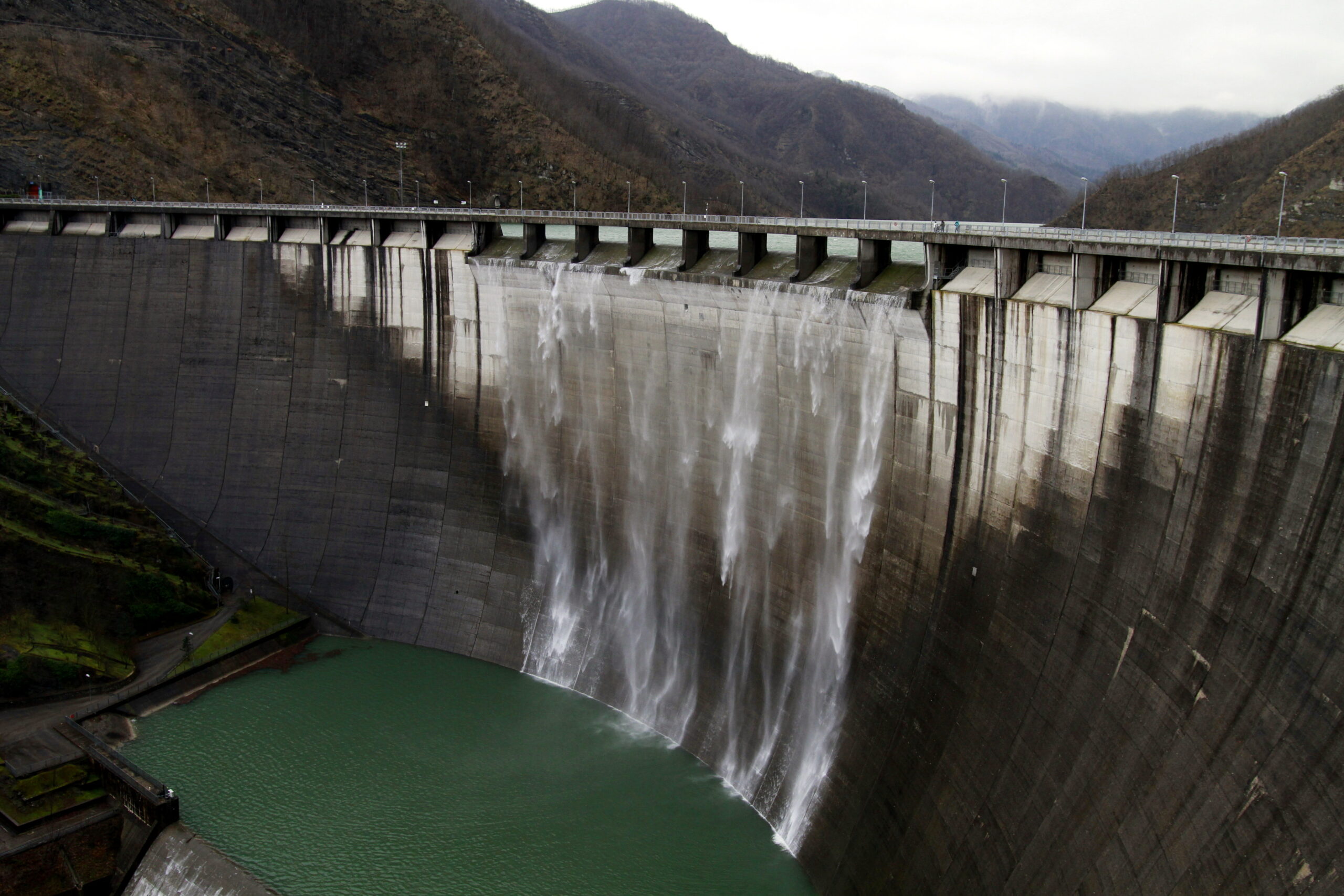What the government (not) did on the hydroelectric concessions of Enel, A2a, Edison and Iren

The Energy decree does not change the situation of the hydroelectric concessions of Enel, A2a, Edison and Iren: those expiring will be put up for tender, as the European Union wants; the government, however, would prefer to favor outgoing managers in exchange for an investment agreement. All the details
In the so-called Energy Legislative Decree , i.e. the legislative decree approved on Monday which contains various measures for the energy sector – such as aid to energy-intensive companies, incentives for renewable plants and the promotion of CO2 capture technologies – however, it does not contain any new information on hydroelectric concessions . The issue is a cause of friction between the Italian government and the European Commission: the latter wants the concessions to be put up for tender, while the government – writes Il Sole 24 Ore – "would like to favor in some way the companies that have been managing plants for years" , extending the expiry of their permits by twenty years with the aim of encouraging investments.
IL SOLE 24 ORE DEFENDS THE LARGE HYDROELECTRIC OPERATORS
In the Energy Legislative Decree, therefore, the executive preferred not to modify the current system so as not to clash with Brussels: the 2022 competition law provides for the opening of tenders for expired concessions by the end of 2023.
But Il Sole 24 Ore , a newspaper owned by Confindustria, has long defended the position of large hydroelectric operators such as Enel, A2A, Iren or Edison (all publicly held companies, except Edison: it is part of the French EDF group) underlining the lack of regulatory uniformity on the European market.
In southern Europe, including Italy, the instrument of concession prevails, while in northern Europe the permit. The duration of the measures is also extremely varied: in Spain it is seventy-five years; in Austria you can reach ninety; in Portugal the norm is thirty-five years; in France between thirty and forty years. In Italy concessions can last up to thirty years, but in some regions they can even go down to fifteen.
ARE HYDROELECTRIC CONCESSIONS A STRATEGIC MATTER?
Consequently, according to the Confindustria newspaper, putting concession renewals out to tender could mean for Italy the loss of control over its hydroelectric resources – in particular over the so-called "large derivations", i.e. concessions with an average nominal potential of at least 3 megawatts -, which would end up in foreign hands. As Copasir explained in January 2022, when the committee was led by the current Minister of Business Adolfo Urso, in the European Union there is also a "non-reciprocity regime since the other European countries apply a protectionist regime" on hydroelectric concessions.
The government would prefer, rather than putting them out to tender, to extend the duration of the concession to the same operator by twenty years, in exchange for an agreement on investments. Companies in the hydroelectric sector often complain about the short duration of Italian concessions, arguing that it constitutes a disincentive to investments in the modernization of plants.
THE OPERATORS ARE IN DEBT WITH THE LOMBARDY REGION
In Italy, hydroelectric production is concentrated in the north, and more specifically in Lombardy (the leading Italian region for production, with over 25 percent of the national total), Trentino Alto-Adige and Piedmont.
As Il Post recently wrote, Lombardy's hydroelectric operators have paid the Region "only a minimal part of the money owed" for the use of water and for compensation on the energy produced following the expiry of their concessions, all 'about ten years ago. The debts accumulated in this period of time exceed 100 million euros, "which the Region has never asked for until now", underlines the newspaper.
The operators of the large hydroelectric derivations in Lombardy have appealed to the regional administrative court against the law which obliges them to pay fees for the exploitation of the water once the concession expires.
This is a machine translation from Italian language of a post published on Start Magazine at the URL https://www.startmag.it/energia/dl-energia-concessioni-idroelettriche/ on Tue, 28 Nov 2023 14:04:55 +0000.
